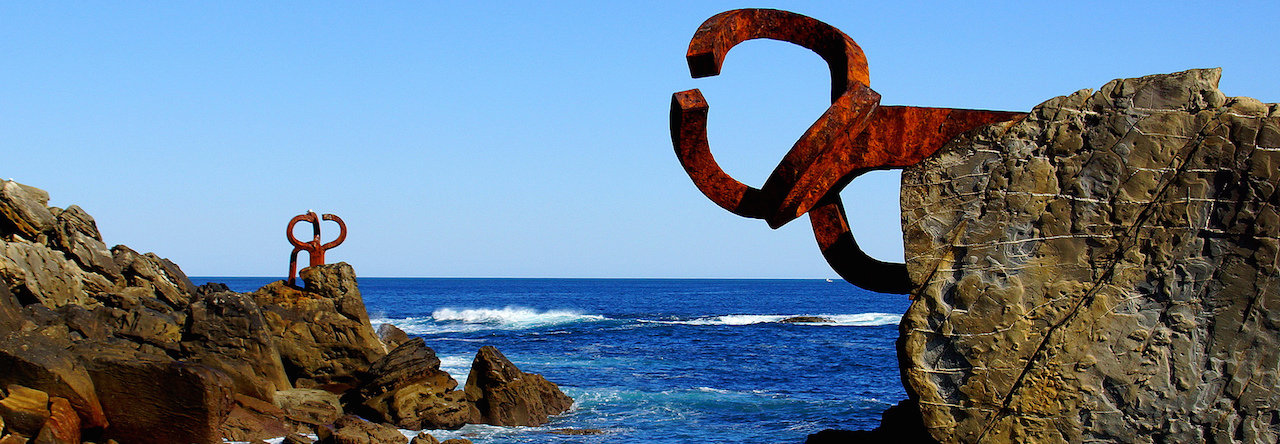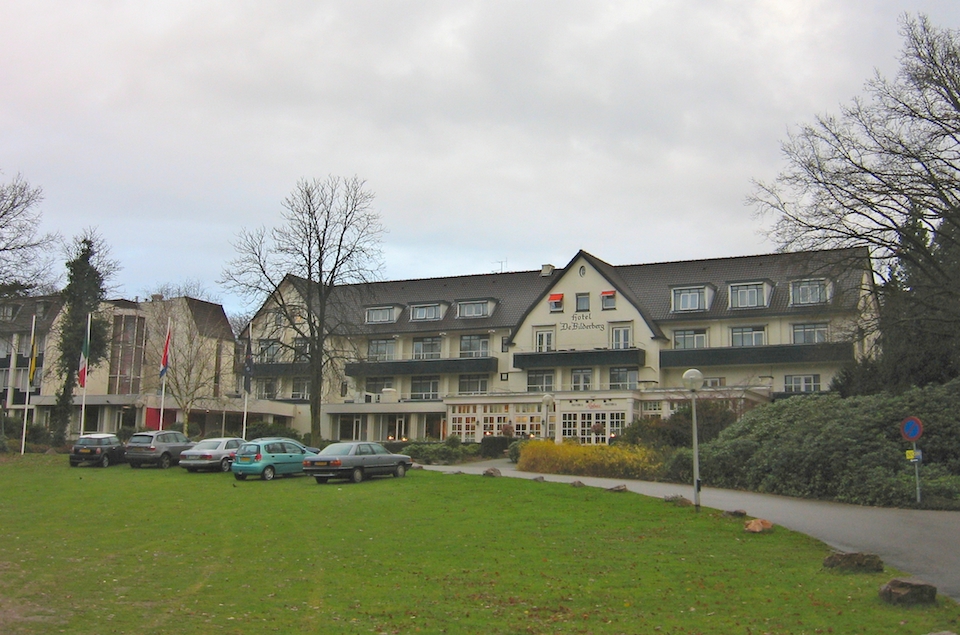The think tank environment is not a popular issue for a majority of citizens. As they are elitist political institutions, individuals do not know what are their goals. Therefore, it is usual that when somebody out from politics read something about think tanks, he thinks it is a shadow power which contributes to an invisible governance of the world. Sometimes it seems he is not not in a mistake, at least if the organization has a low public profile.
For this reason, when people is having a deeper knowledge of the structure of modern democracy, think tanks are forced to act more transparently. Otherwise, they receive very bad publicity and the attacks of activist groups, and have to make more efforts in defending themselves on their identity than contributing to the public debate.
It has happened to the more elitist organizations like the World Economic Forum. After the first Davos demonstrations thirteen years ago, set up an ambitious public relations plan to improve its corporate image: It increased the amount of free information of the event, showed the full agenda of the forum and attracted celebrities from the entertainment business to enjoy a more friendly profile in the media. Although critics continue attacking the work and plans of the WEF, this institution is more accepted as another player in the political arena.
But there are other organizations that have preferred to maintain its secrecy. It is the case of The Bilderberg Meetings (also called Bilderberg Club), an entity where the most powerful people from the world meet every year to discuss the hottest global issues. In decades, the group has celebrated its annual event without disclosing no information about participants, agenda or decisions. However, as bankers, corporate officials, presidents, prime ministers and even royals are at the meetings, it is presumed they make important decisions over the future of the world.
This lack of transparency has fed a lot of conspiracy literature: The Bilderberg Meetings promote wars, elect prime ministers, and design the political and economic trends that shape the evolution of the world. There are many books and reports devoted to inform against the Bilderbergers bad practices. I cannot discuss if these conspiracy theories are right or wrong. We might think that decisions made by the powerful participants of the annual event has consequences in the economic and political environment because they play key roles in the system.
But it is true that if the promoters of the Bilderberg Meetings want to receive a less negative publicity, they have to disclose more information. In modern democracy, when we are discussing public affairs, this is not acceptable to keep big secrets. Society is reacting to bad practices of secrecy and control excuted by officials. Scandals like Wikileaks or more recently, Prism, show the limits citizens are not able to cross.
According to this argument, it is positive that the Bilderberg Meetings offers at least a website with a minimum of public information. At the moment, we do not know the specific contents of the discussion, but we have received advanced and updated information on the current event and participants. It is a first step. If they want to win the recognition of the global society, they have to be more transparent in the public sphere.


1 pingback